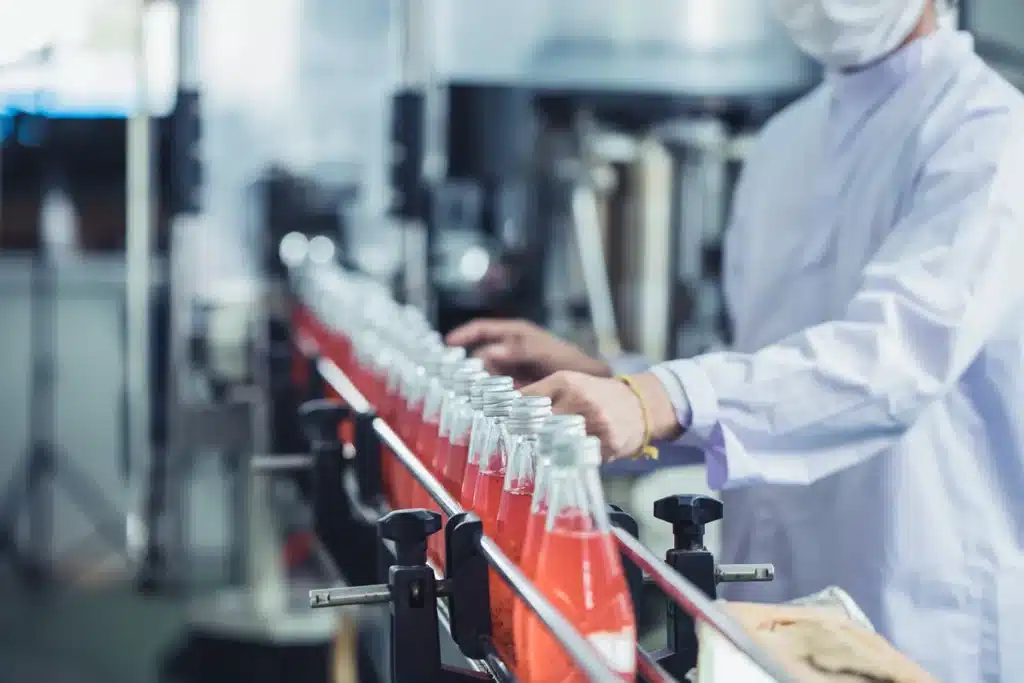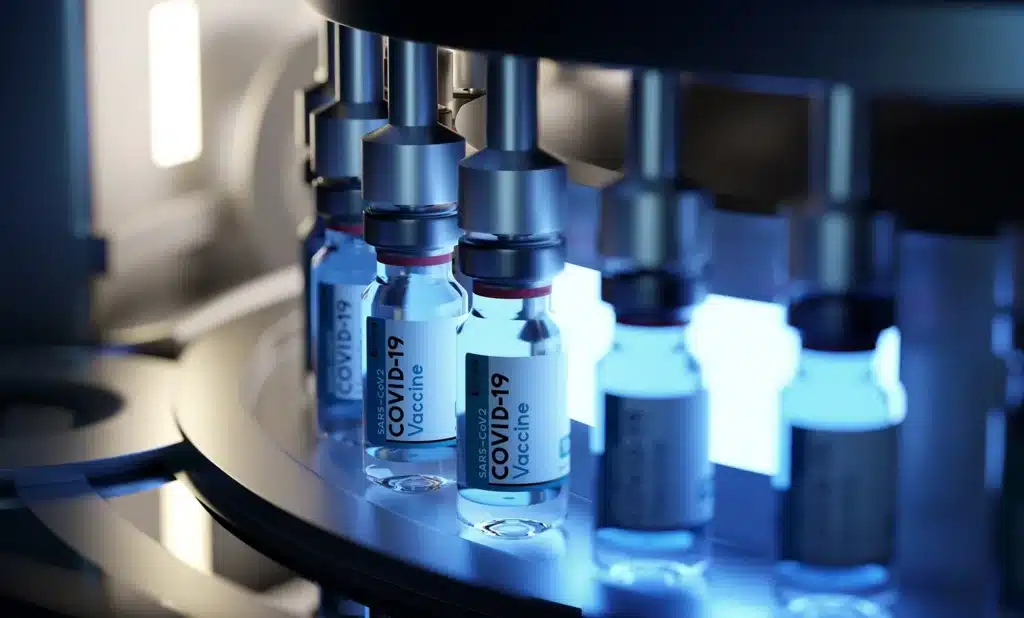Cold chain logistics is the process by which temperature-sensitive products are transported through the supply chain. It’s a tightly controlled operation, as even minor fluctuations in temperature can lead to goods having to be destroyed, with subsequent delays, financial losses and reputational damage. There are numerous junctures at which issues can arise; at the manufacturing facility, along the distribution pathway, at a storage depot, or even at the destination.

You might think that with today’s sophisticated refrigeration techniques, cold chain logistics is a fairly modern process. However, by the late 1700s, British fishermen were already investigating methods of preserving their catch, by salting the fish or building tanks for cold water into the holds of their vessels to keep the fish alive until they arrived back in port. The game-changer for chilled distribution took place in 1938 when US inventor Frederick McKinley-Jones designed a portable air-cooling unit which could be attached to the undercarriage of distribution trucks, moving cold air through tubing into the trailer. He updated his design several times to make it smaller, lighter and more robust; these portable units were used extensively in WW2 for conserving food, blood and medicine used in combat zones and army hospitals.
From these original industrial chillers grew a cold chain logistics industry which spans the globe and is estimated to grow from $365.57 billion in 2023 to $411.95 billion in 2024 (1). The UK cold chain market alone is estimated at $11.52 billion in 2024 (2). Both global and UK markets are expected to grow exponentially over the next five years.

Food hygiene regulations for England, Wales and Northern Ireland state that chilled food which has the potential to support the formation of toxins or the growth of pathogenic micro-organisms must be kept at a temperature of 8°C or lower. This includes every stage of its formulation from initial preparation through production, storage, transport and where it is placed for sale.
The pharmaceutical industry also relies on minutely calibrated chilling to keep medicines and vaccines at optimal temperatures during storage and transportation, and this temperature can also vary between products. For example, during the pandemic, the Pfizer vaccine needed to be stored at -70°C, while the Moderna one only required 20°C.

With so much relying on the maintenance of the correct temperature throughout the cold chain, it’s not surprising that the breakdown of a commercial chiller unit, whether at a factory, warehouse or supermarket, is a significant emergency. Even planned maintenance can be an issue, leading to loss of productivity and income.
So what can be done to alleviate the risk and ensure operations continue seamlessly?
This is where commercial chiller hire can save the day, and the key to successful management of an emergency is having a bespoke contingency plan in place. Even the most efficient and reliably serviced system can have a glitch at some point, and to have a plan in place for chiller hire gives reassurance that it will be business as usual.

At Ideal Heat Solutions, our aim is to take away the stress caused by an unexpected problem in a cold chain by rigorous advance planning. First, one of our fully-qualified engineers will visit your site and make a thorough inspection. They’ll need to look at access, position of power sources, the layout of your site and available space. We need to ensure we allocate the correct size of industrial chiller for your specific needs and conform meticulously to health and safety guidelines.
We then draw up a masterplan for your specific requirements. Should you need commercial chiller hire at any time in the future, whether for planned maintenance or in an emergency, it can be installed immediately, ensuring no link in the cold chain is broken.
Over the years, our temporary chillers have rescued many businesses which hadn’t seen the need for a contingency plan. As a result, we know just how stressful it can be, and we’re on a crusade to get them in place!
Our experienced engineers are dedicated to keeping cold chain businesses up and running, maximising productivity and minimising downtime. If you think temporary commercial chiller hire could benefit you, why not contact us. We’d love to help your business keep its cool.
(1) Cold Chain Global Market Report 2024 (Research and Markets).
(2) UK Cold Chain Logistics Market Size (Mordor Intelligence™)